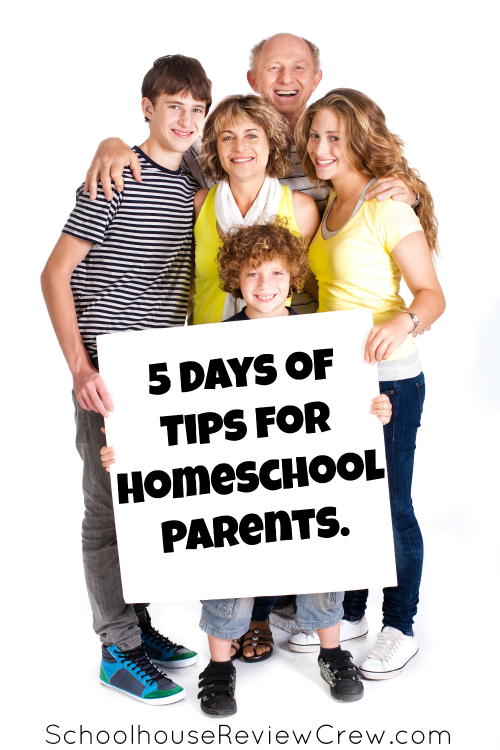This is the second in a three part series of Charlotte Mason Homeschooling. These are the other posts:
Day 1: The Early Years
Day 2: Multiple Ages
Day 3: Enrichment Studies
Most homeschooling families have more than one child, and some have quite a few! I have five children, which seems like a lot at times and not enough at others! Homeschooling multiple children of multiple ages can be tricky. Having to juggle three, four, five, or even six different curriculums would be, in my opinion, impossible. I much prefer, as do many families, to have Family Learning for many of core subjects.
How can you homeschool five kids with a ten year age gap? How can a 13 year old learn alongside a 5 year old? Won't one of them suffer? How is this possible? These are questions I have been asked, and questions I have asked myself at times!
The core subjects that are most easily combinable are history, geography, science, Bible, and enrichment studies {artist, composer, and poetry studies}. Math and grammar will have to be done individually at each child's grade level. However, the core subjects I listed above are very easy to adapt to fit each child's level, while everyone is learning the same thing.
We use BiblioPlan for history and geography. It is written for grades Kindergarten through 12th grade. Of course, my older children understand and remember more, but my younger children do remember key events and people, learn mapping skills, and enjoy creating projects from the time periods we are studying. Here is a post where I explain how we use BiblioPlan for multiple ages.
We are using Christian Kids Explore for Science. It is written for grades Kindergarten through 6th grade, but is very easy to adapt to older children. Simply add more literature, more research, or more experiments.
Here are some things to keep in mind when homeschooling multiple ages with one curriculum:
- Notebooking! This is a wonderful tool that any age can participate in. I simply give a few guidelines for my children's notebook page {a topic or theme} and they create their own pages. My 5 year old may draw a picture and write a word or two, while my 13 year old creates wonderfully illustrated and fact-filled notebook pages. You can also print notebooking pages from sites like, Notebooking.com.
- Mapping! I make copies of the same map for all 5 of my children. My youngest two don't really know what they're doing, but they are learning to follow directions, mapping skills, and pre-writing skills.
- Literature! Buy or borrow a few living, picture books for your younger children that correspond with the same time period or science topic. This will help them understand what you're talking about and creating interest.
- Family projects! Instead of creating 4 or 5 paper crafts each week {that will no doubt be thrown away}, work on a family project from the time period you're studying {or the science topics}. That way, your children will learn teamwork and will work on something that will be useful and kept for many years to come.
- Keep little hands busy! Allow your little ones to play quietly with play-dough or color a picture while you are reading longer passages. Their minds will be listening to you, but their hands will be busy and their mouths will be quiet.
- Narrations! Allow each child to give a narration from different literature or passages read, adjusting expectations for their ages.
Read some more posts from participating Crew members for more tips for homeschooling parents!
Dawn @ Double O Farms
Dawn @ Guiding Light Homeschool
Debbie @ Debbie's Homeschool Corner
Desiree @ Our Homeschool Notebook
Diana @ Busy Homeschool Days
Diana @ Homeschool Review
Elyse @ Oiralinde: Eternal Song
Emilee @ Pea of Sweetness
Erin @ For Him and My Family
Jen @ Chestnut Grove Academy



I love seeing families school together- the glory of homeschooling! I need to check out the BiblioPlan!Heard such good things about it!
ReplyDeleteWe love BiblioPlan. It's so flexible, yet structured. I love family learning, too!
Deleteit is one thing I am SO GLAD I don't have to do.. plan for multiple children schooling. having one makes it SO MUCH easier. :)
ReplyDeleteI'm only "officially" schooling two right now, but they're closer in age and like doing everything together, so I combine them for Bible, Art, Music, Literature, History and Science and Nature Study. I just adjust my expectations for each child, and this has worked well for us so far!
ReplyDelete